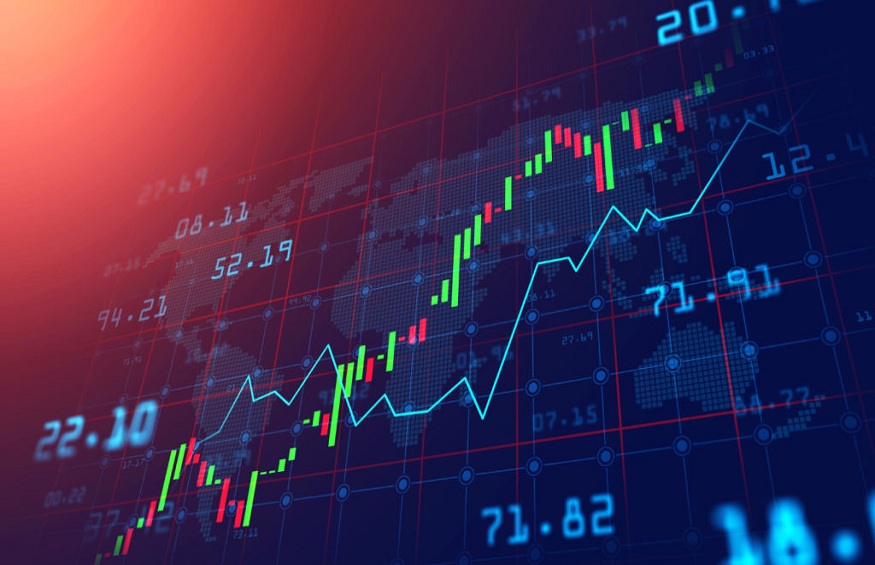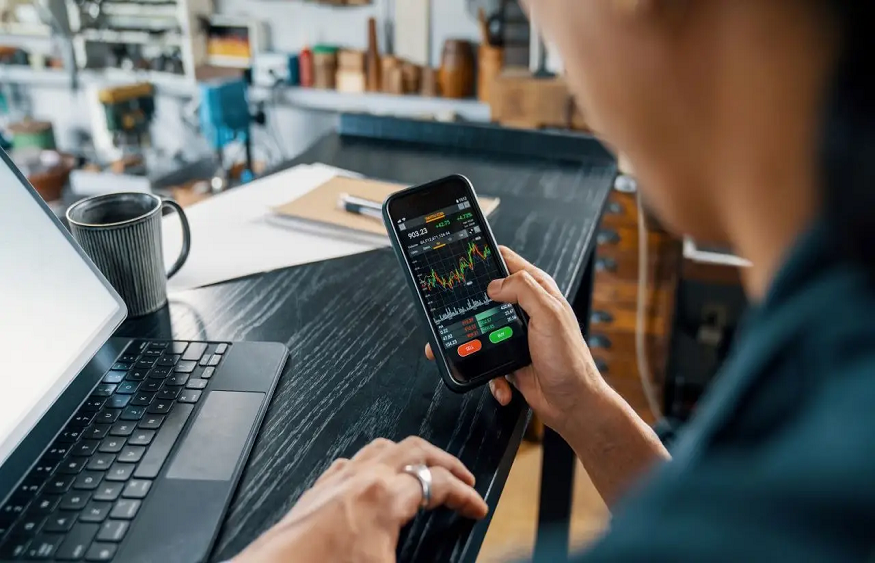In an era of economic globalisation, investors and traders in the United Kingdom are looking beyond domestic shores for lucrative investment opportunities. One of the most accessible and diverse vehicles for international exposure is through Global Exchange-Traded Funds (ETFs). ETFs democratise global investment and provide a cost-effective, liquid, and manageable way to diversify portfolios internationally.
This comprehensive guide is designed to help UK investors navigate the complex world of international trading with Global ETFs. Understanding the significance of this tool and how to harness its power can be instrumental in achieving long-term financial growth and stability.
Understanding global ETFs
An Exchange-traded fund (ETF) is a marketable security tracking an index, a commodity, bonds, or a basket of various assets. It combines the valuation feature of a mutual fund (which allows for purchase or redemption at the intrinsic value of its underlying holdings) with the tradability feature of a stock. Global ETFs specifically house assets from global markets, offering UK investors direct exposure to international equities, foreign currencies, or commodities.
ETFs are preferred for their low expense ratios and fewer broker commissions. They are also more tax-efficient than mutual funds due to how they are created and redeemed. Global ETFs can provide UK traders broad or specific international market exposure depending on their financial goals and risk appetite.
Benefits of global ETFs for UK traders
Diversification and risk management
Diversification is a significant advantage of using Global ETFs. By investing in ETFs that track multiple international markets, UK investors can spread their risk across various economies and industries. This diversifying effect helps mitigate the impact of any single market or industry downturn on an investor’s portfolio.
Access to emerging markets
Due to regulatory and access barriers, investing in markets such as China, India, or Brazil can be challenging for individual investors. Global ETFs can be the key to unlocking these growth opportunities, offering a stake in emerging and frontier markets where economic growth often outperforms developed economies.
Cost-effective investment option
The cost structure of ETFs is often lower than mutual funds, making them a favourable option for retail investors. As passive investment tools, they incur fewer management fees since they typically track an index rather than seek to outperform it.
Considerations for UK traders
Currency risk and exchange rate fluctuations
Investing in Global ETFs exposes UK investors to currency exchange rate risks. Fluctuations in the value of sterling can impact the returns on an international ETF investment. Mitigating this risk involves strategic planning such as hedge funds, forward contracts, or including currency-hedged ETFs in the portfolio.
Tax implications and regulations
UK investors should also consider the tax implications of investing in Global ETFs. Tax laws and regulations may differ between countries, and it is essential to understand how these can impact returns. Consulting with a financial advisor or doing thorough research before investing can help avoid surprises.
Research and due diligence
Before investing in Global ETFs, UK traders should conduct thorough research and due diligence. It includes understanding the underlying assets of the ETF, its performance history, fees, and tracking errors. It is also crucial to consider the reputation and credibility of the fund provider. Investors should be aware of any potential risks or limitations associated with the specific ETF they are interested in. Conducting thorough research and due diligence can help investors make informed decisions and mitigate potential losses.
Strategies for investing in global ETFs
Passive vs. active investing
Passive investing involves creating a long-term portfolio policy that does not include frequent buying or selling. Active investing, by contrast, involves the continuous buying and selling of securities and regular portfolio alternations. UK traders must decide which approach aligns best with their investment objectives.
Sector-specific or broad market exposure
Global ETFs offer UK investors the option to invest in specific sectors, such as technology or healthcare, or take a broader approach and invest across various industries. Understanding one’s risk appetite and financial goals can help determine which approach best suits an individual’s portfolio.
It is also essential to consider the correlation between different sectors within an ETF. Investing in multiple sectors with high correlations may not provide sufficient diversification benefits, while investing in industries with low correlations can help reduce overall portfolio risk.
Rebalancing and portfolio management
Regular portfolio rebalancing is crucial when investing in Global ETFs. As markets and economies fluctuate, the weightings of different assets may change, impacting portfolio risk and returns. Traders should consider setting a regular schedule for rebalancing or employing tools such as limit orders to manage their investments effectively.
Conclusion
The introduction of Global ETFs has transformed the investment landscape for UK traders, providing unparalleled access to the world’s markets. By leveraging the benefits of diversification, gaining entry into burgeoning markets, and addressing the considerations associated with international investment, UK investors can take significant strides toward a robust and globalised investment portfolio.



